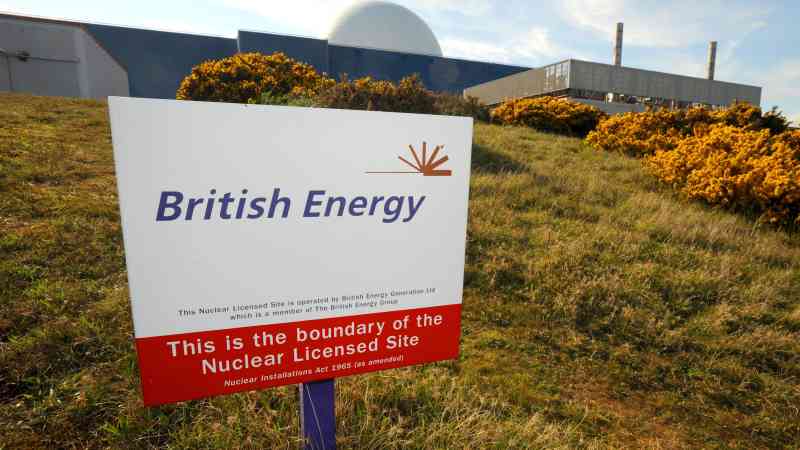The proposed Sizewell C nuclear plant has moved closer to being built after the government overruled planning officials to grant consent for the £20 billion-plus project.
The independent planning inspectorate had recommended that the plant in Suffolk be rejected unless its developers addressed concerns about water supplies and the effect that construction would have on local habitats.
After further discussion with EDF, the French energy group, however, ministers decided that the project should proceed. The government said that the “very substantial and urgent need” to build the plant outweighed the environmental “harms”.
Sizewell C could generate enough low-carbon electricity to supply six million homes. The government has already committed £100 million to its development and must decide whether to press ahead with investing up to £1.7 billion of taxpayers’ cash for a 20 per cent stake alongside EDF. The French state nuclear group is also expected to retain a 20 per cent stake in a deal that would push out CGN, the Chinese state-backed nuclear group.
Barclays and Rothschild are working to secure the other 60 per cent of funding, with industry sources suggesting a total equity requirement of about £8 billion.
Sizewell C’s expected total cost remains unknown since EDF has not updated a £20 billion estimate provided several years ago. The project will use the same technology used at Hinkley Point C, which is under construction in Somerset and has been beset by delays and cost overruns. Hinkley Point is not expected to start up until June 2027, 18 months later than planned, and is up to £8 billion above budget at an expected cost of up to £26 billion, in 2015 prices.
Under the government’s financing rules, energy bill payers will take the financial risk of cost overruns at Sizewell C. EDF hopes for a final investment decision on the project next year and says it will take between nine and twelve years to build.
The planning approval was criticised by environmental groups and local opponents, who are expected to bring legal challenges against the decision.
A spokesman for the Stop Sizewell C campaign said: “The government has been forced to ram through a damaging project to shore up its energy strategy, but the fact that the planning inspectorate recommended Sizewell C be refused consent is a huge victory for all of us. It’s not the end of our campaign.”
Beccy Speight, chief executive of the RSPB, said the charity was “extremely disappointed” at the decision as it would affect its nature reserve at Minsmere, in Suffolk, and went against the advice of government experts.
Tom Greatrex, chief executive of the Nuclear Industry Association, called the decision a “huge step forward for Britain’s energy security and net zero ambitions”. Charlotte Childs, the GMB union’s national officer, said it was a “vital step forward for energy security and net zero”.
